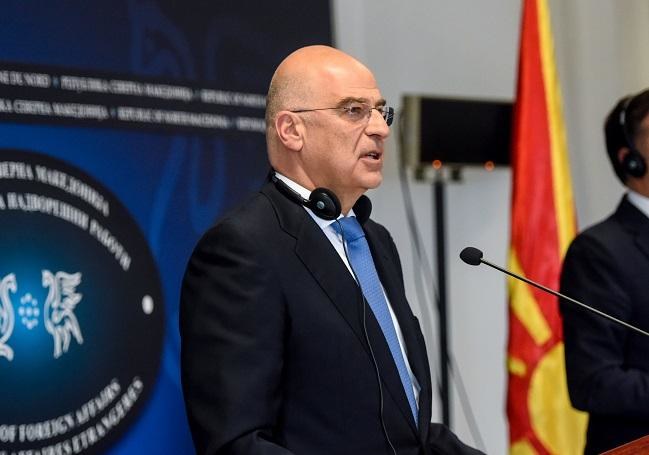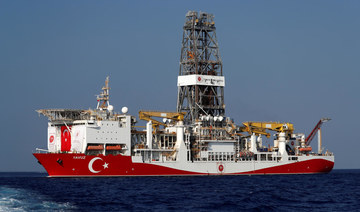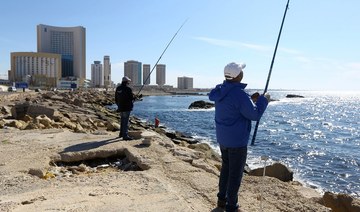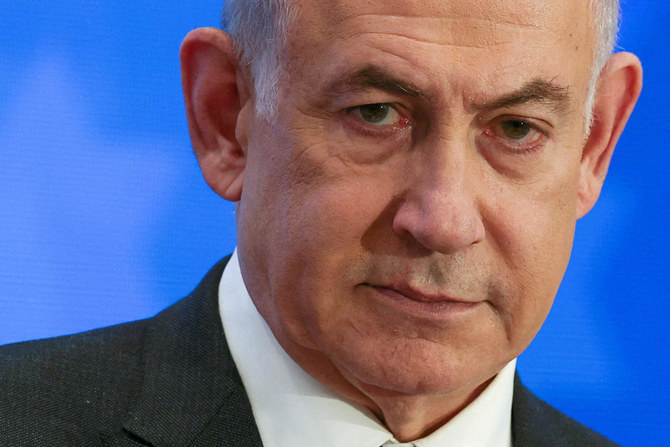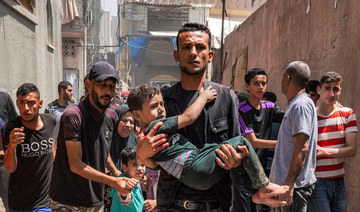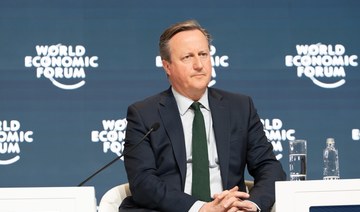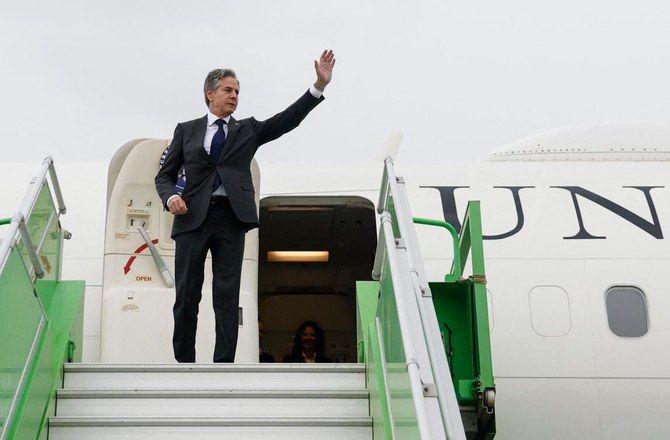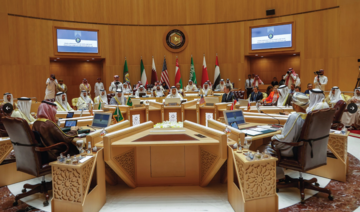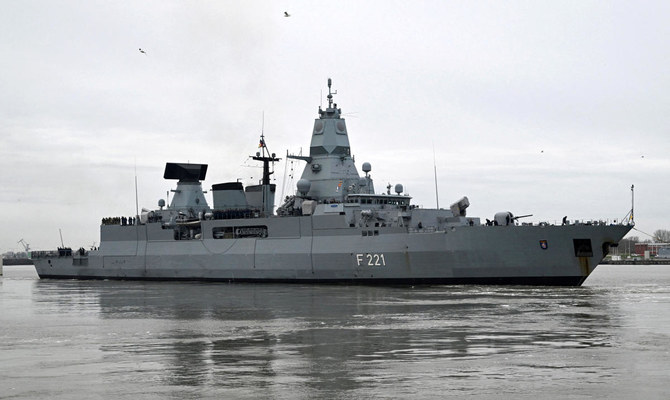ANKARA: The showdown between Turkey and Greece over Ankara’s controversial “sea grab” deal with Libya on Friday looked set to escalate after Athens was slammed for its “outrageous” expulsion of the Libyan envoy.
Tripoli’s ambassador to Greece, Mohamed Younis A.B. Menfi, was ordered to leave the country in the wake of his interim government’s signing of a maritime border agreement last month handing Turkey control over a huge area of the eastern Mediterranean stretching from its southern coast to North Africa.
The Turkish Parliament has since approved the accord which gives Turkey lucrative rights to drill for gas and oil in areas that include the island of Crete’s territorial waters. Ankara condemned the Greek decision to expel Menfi. “Had they asked us, we could have given a copy of the maritime deal to Greece. They didn’t. This is outrageous,” said Turkish Minister of Foreign Affairs Mevlut Cavusoglu.
Following Menfi’s dismissal, attention has turned to the Turkish Ambassador to Greece Burak Ozugergin, who last Thursday was summoned to Athens to explain the maritime delimitation deal.
Greece has been pushing to see full details of the agreement, and the whole crisis has been further heightened by Cyprus’ petitioning of the International Court of Justice in a bid to safeguard its offshore mineral rights. Egypt is also furious about the Turkish-Libyan move.
Despite the uproar, Turkey’s Energy Minister Fatih Donmez announced that his country would begin oil and gas drilling once the deal had been ratified by both sides. But Greece has slammed the move as a violation of its sovereign rights.
Ankara already has deep disagreements with Athens and Nicosia over the disputed territorial waters surrounding the divided island of Cyprus. Turkey has deployed drilling ships to Turkish Cypriot waters four times, sparking condemnation from not only Greece and Cyprus, but also the EU which has warned Turkey it may impose punitive measures if it does not renounce its drilling activities in the region.
However, there are fears that the entry of a Turkish drillship, escorted by naval vessels, could trigger an armed conflict between Turkey and Greece in an area Athens claims to be its own exclusive economic zone. Greece has also sent military reinforcements to Crete naval base.
Greek Prime Minister Kyriakos Mitsotakis and Turkish President Recep Tayyip Erdogan met on the sidelines of the NATO leaders’ summit in London on Wednesday, but without agreeing any solution to the crisis.
Seth J. Frantzman, executive director of the Middle East Center for Reporting and Analysis, said the EU remained cautious over punishing Turkey because it feared an influx of migrants and refugees which EU states have been paying Turkey to deal with since the 2015 refugee crises.
“For many EU governments, trade with Turkey and ending migration is more important than standing up for issues in the Mediterranean,” he told Arab News.
“It appears that Greece and Turkey will now have some discussions about the Libya deal and that Turkey, having appeared to ask for influence over a huge swathe of water, will then appear to ‘give’ Greece something by not demanding the whole of what it wanted. This is the general Turkish strategy, just like in northern Syria with the safe zone.”
According to Frantzman, Turkey understood how to use pressure against European powers.
“It seeks to use trade with the UK and Germany to get what it wants and has sought to even use refugees and migrants as a tool to get European powers to agree to its demands. Surely it will then use this to confront Greek concerns about the Libya deal,” he said.



